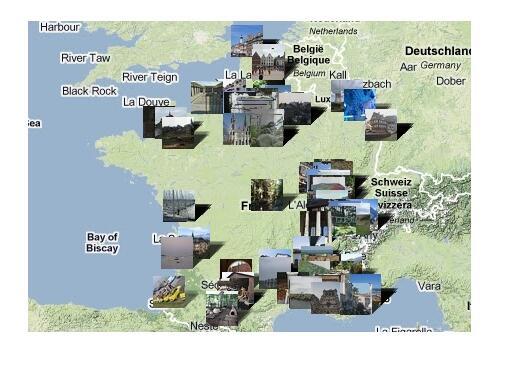French press review 28 October 2014
This morning's front pages are dominated by a dispute between ecologists and the local authorities over the construction of a dam in a place in south-west France called Sivens. There are also reports on the problems facing the fight against Ebola. Tunisia’s election is hailed as a turning point.
Issued on: Modified:

The dispute over the dam has been going on for months, with protestors saying the project will destroy a unique wetland habitat and officials saying it is crucial to the future of local farming.
And then two things happened.

Last weekend a young protestor died in an explosion, possibly caused when a police teargas canister got caught between his back-pack and his body. And an expert report commissioned by Ecology Minister Ségolène Royal published its report, saying that the project is expensive, inappropriate and will benefit a very small number of farmers.
Now that local struggle to protect frogs has become front-page news.
Conservative paper Le Figaro notes the tragic escalation of the dispute, worrying about the presence of anarchists and “professional trouble-makers” in the ranks of the protesters. The right-wing paper also notes that local farmers remain hugely attached to the proposed dam, saying it will enable the survival of otherwise marginal farms.

Le Figaro, however, gives predominance to the west African Ebola epidemic, regretting that the fear of infection is slowing down the aid effort.
The decision by the United States to systematically quarantine medical personnel returning from the infected area has annoyed humanitarian groups. The World Health Organisation says this sort of measure will simply discourage volunteers and thus reinforce the progress of the epidemic.
Tunisia is the other big international story, with most papers regarding last Sunday's electoral setback for the Islamist Ennahda party as an important political turning-point.
The leading secular party, Nidaa Tounès (Tunisia's Call), has captured the lion's share of seats in the new parliament, pushing Ennahda into second place. But Nidaa Tounès doesn't have an overall majority and has little in common with the other major parliamentary groups and will thus be obliged to negotiate some kind of coalition or government of national unity with Ennahda.

Le Figaro's editorial compares Tunisia with other Arab nations which attempted to stage their own spring revolutions.
The right-wing paper says Algeria is on its knees for want of a proper system of political succession; Libya has become a mad battleground for rival militia; Egypt has swung from the extremism of the Muslim Brotherhood to a new form of military dictatorship . . . There's a lesson there, says Figaro, for the countries currently fighting the Islamic State armed group in Syria and Iraq, with their plan for an Islamic caliphate.
Daily newsletterReceive essential international news every morning
Subscribe